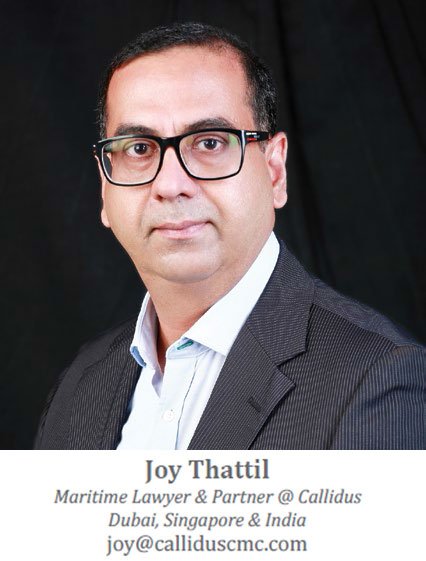 Rennell Island, one of the country’s outlying islands in its southern Rennell and Bellona Province, is geographically remote with little infrastructure and few services. The Solomon Islands is part of the marine biodiversity-rich Coral Triangle and has one of the world’s most important coral reef systems, home to 485 coral species and 1,019 fish species.
Rennell Island, one of the country’s outlying islands in its southern Rennell and Bellona Province, is geographically remote with little infrastructure and few services. The Solomon Islands is part of the marine biodiversity-rich Coral Triangle and has one of the world’s most important coral reef systems, home to 485 coral species and 1,019 fish species.
On February 5 2019, a Hong Kong-based bulk carrier, the MV Solomon Trader, ran aground off a remote island in the Solomon Islands. It spilled heavy fuel across coastal waters, beaches and a sensitive coral reef system not far from a UNESCO World Heritage Site., eventually spilling more than a hundred tonnes of heavy fuel oil into the ocean.
The country’s president has described it as the worst man-made environmental disaster in recent times. Although the International salvage crews has now contained the oil spill, a massive clean up operation is still underway following which questions of liability and damages is also put forward. However, the scale of damage is still being reckoned. Scientists report that oil spills can kill fish and invertebrates directly, while toxic compounds can curtail coral growth and reproduction and diminish coral and fish biodiversity.
In the latest twist of events the Indonesian miner Bintan Mining Corporation, which chartered the stricken MV Solomon Trader, is suing the ship’s owner King Trader Ltd. And says they were suing the shipping company as the charterer on behalf of the people of the island.
The Rennell islanders were having a hard time availing consumable water and has thence been relying on clean water shipments. The Solomon Islands Maritime Safety administration acting director Jonah Mitau said the government is looking at changes to the Shipping Act following the incident. He said currently the laws only cover safety but will be extended to cover insurance and commercial responsibility for damages.
Reports suggested the damage is estimated to be over $US50 million and the Solomon’s caretaker Prime Minister Rick Hou has confirmed that a review of environmental and mining laws is needed to deal with such emergencies.
The World Heritage Centre is determined to support Solomon Islands and Australia in exploring all options to hold the responsible company, owners and insurers to account.
What is an Oil spill? It is basically when large quantity of liquid petroleum hydrocarbon is released into the water bodies. Oil wastes that enter the ocean comes from various sources. These spills mainly occur due to human activities in coastal areas, shores and oceans, more specifically, the activities involving tankers carrying crude oil, drilling rigs, wells and offshore platforms. These oil spills have adverse ill effects on the ocean and the life in the ocean, which can last for decades. The largest oil spill occurred in 1991, in Gulf of Mexico, in which around 240 million gallons of crude oil was spilled. The oil spilled in this accident went deep into the sea, burrowing up to 40cm in the sand and mudflats, it remains there to this day. This is only one example of how oil spills can be such a menace. In the year 2018 alone, six incidents of oil spill occurred, three large oil spills and three medium oil spills. The oil spill at Solomon Islands leaked 600 tonnes of heavy fuel oil, which implies that it is a medium oil spill. Even though it is a medium spill, it cannot be taken lightly, because it has occurred in one of the UNESCO World Heritage sites, which also happens to be the world’s largest raised coral atoll. The spill is likely to cause long term significant damage to the coral reefs and the local ecosystem. When the corals come in contact with the oil, it can sometimes kill it directly or effect its reproduction and growth. The International Maritime Organisation is a United Nations specialised agency which focuses on the safety and security of shipping and the prevention of marine and atmospheric pollution by ships. IMO plays an important role in promoting the Sustainable Development Goals of the UN. The IMO regulates principles that can be used in situations like these.